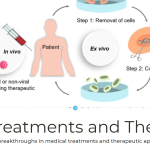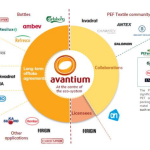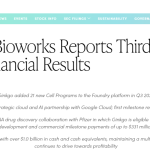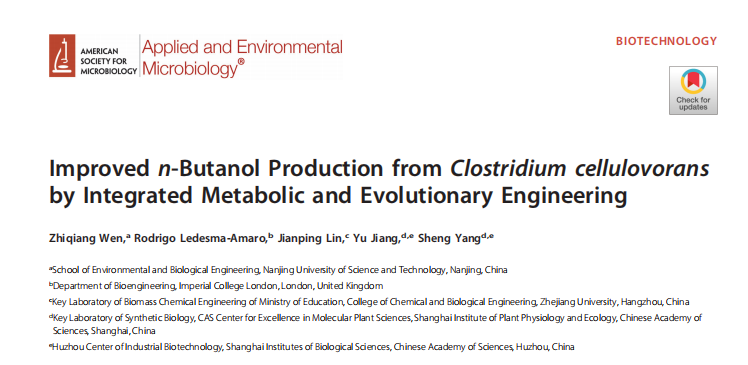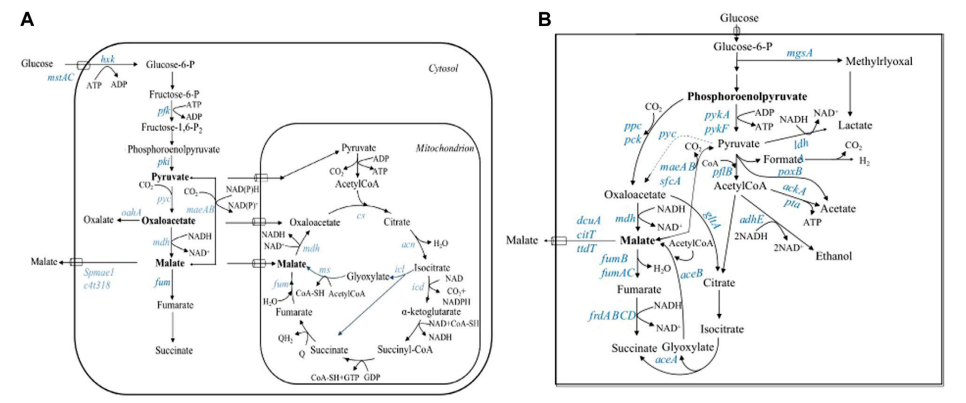According to incomplete statistics, there are no less than 150 global cell culture meat companies, most of which choose varieties with high consumption such as chicken and beef. However, there is also a problem. Currently, the cost and selling price of cell culture meat are much higher than the cost of breeding meat, which makes it difficult for them to compete with breeding meat in the short term. Therefore, some companies have invested their goals in seafood with higher added value.

Blue fin tuna meat is known as the king of tattoos, and a 276kg blue fin tuna has set a record of 21 million auctions. Overfishing has led to a rapid decline in wild bluefin tuna, and the difficult to replicate breeding environment and unique movement patterns of tuna make it difficult to domesticate. Bluefin tuna was listed on the International Endangered Species Protection List in 2011.
In 2021, Wanda Fish was established to replicate the texture, flavor, and nutritional value of wild captured bluefin tuna. The company described in a press release that these fish fillets are “composed of fish muscles and adipocytes, containing the same natural proteins and fatty acids, including omega-3 and other essential nutrients. Subsequently, Wanda Fish obtained a financing of $10 million.
On November 2nd, Wanda Fish received a new round of financing of $7 million, led by Aqua Park, a global aquaculture investment fund headquartered in the Netherlands. Other funds came from former seed stage investors, including The Kitchen Hub by the Strauss Group and Peregrine Ventures LLC, PICO Venture Partners, MOREVC, and CPT Capital Limited Partnership.
This round of financing will help develop and expand its aquaculture of fully sliced bluefin tuna fillets. Through Wanda Fish’s proprietary technology, fat and muscle tissue cells form a 3D fillet structure, thus creating a series of fillet cutting, including Toro high-quality cutting.
Aqua Park CEO Lissy Smit said, “We firmly believe that in the future, sustainable aquaculture and farmed seafood will complement each other to reduce the burden of overfishing, especially for species such as bluefin tuna that are considered unsustainable
Wanda Fish stated that although aquaculture in the seafood industry is growing, tuna is considered unsustainable due to feed resources, fence size requirements, and difficulties in captive breeding.
The company is committed to expanding the scale of bluefin tuna farming to improve sustainable accessibility. Due to the balance between protein and fat, bluefin tuna is becoming increasingly popular in high-end sushi restaurants, leading to increased demand and costs. Overfishing has led to the endangered species, forcing governments around the world to “significantly limit fishing quotas”, leading to unstable supply.
With consumers increasingly concerned about marine pollution and the notorious high levels of heavy metals in tuna, Wanda Fish stated that its farmed fish fillets solve quality issues because the cut fish fillets “do not contain common marine pollutants such as mercury and are produced according to non genetically modified standards.
Related recommendations
Cell & Tissue Engineering
Mammalian Cell Engineering
Stem Cell Engineering
Plant Cell Engineering
Bacterial Cellular Engineering

